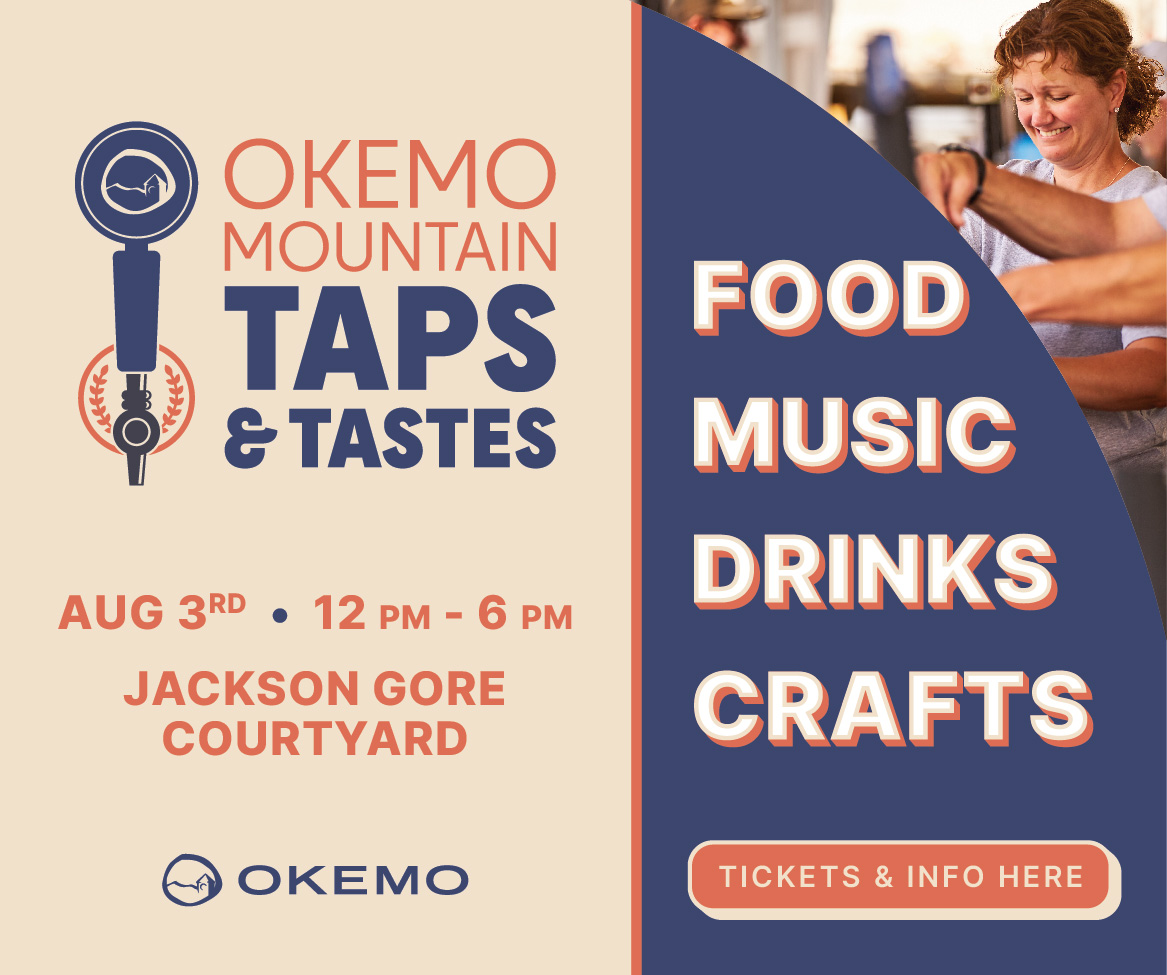
How moving to Killington provided me with a fresh perspective — and a more granular comprehension — of my globetrotting transatlantic subjects
By Lindsay Sarah Krasnoff
Editor’s note: Lindsay Sarah Krasnoff is a historian, speaker, and consultant, author of “Basketball Empire: France and the Making of a Global NBA and WNBA” (Bloomsbury), “Views From the Embassy: The Role of the U.S. Diplomatic Community in France, 1914” (U.S. Department of State), “The Making of Les Bleus: Sport in France, 1958-2010” (Lexington Books), and has contributed articles on global sport to CNN International, Just Women’s Sports, The Athletic, The Washington Post, The New Yorker, and more. She teaches on sports diplomacy and global sport at New York University’s Tisch Institute for Global Sport, and now lives in Killington.
If in January 2020 you told me that I needed to go “uberlocal in order to write a very global story, I would most likely have smiled and dismissed such well-intended advice. That month, I was on-the-ground in Paris for the historic first-ever NBA regular season match on French soil. As a historian of modern France and its sporting scene, since late 2014, I worked in fits and starts on a book project that tackled the question of how and why France became a main pipeline of basketball players to the U.S. league. Since 1997, our oldest ally has become the largest source of non-North American NBA players all-time. So, I was beyond thrilled that the world’s elite basketball championship was in the City of Light, a hopeful sign that U.S. attention might finally help make the case for a publishing contract.
Then the pandemic hit, paused our world, and forever changed our trajectories—all while eerily reinforcing just how interconnected we all truly are. At the time, I lived in Manhattan, working on my basketball book baby on the sidelines, as my communications consulting practice allowed. But I caught Covid-19 that March and, although my recovery was far less arduous than for so many others, months later my long Covid symptoms had not fully resolved. By that point, it was an easy decision to pull up stakes and move full-time to Killington; I’ve visited regularly since I was a kid, had family in town, and could finally take fuller advantage of the restorative Green Mountains.
Moving to Killington was a game-changer in numerous ways, especially for my basketball book. First, the time removed from city life, even during its other-earthly pandemic existence, provided greater mental bandwidth to think about the project in a more comprehensive fashion. It allowed me the space to take a step back, reevaluate the larger picture, and re-envision the “so what” that I hoped to add to our collective understanding about basketball, the ways that sports unify French-American ties, and the transatlantic cycles of fascination and disgust that drive the story.
Second, witnessing firsthand how local communities throughout Vermont came together for each other reinforced the importance of people-to-people connections in a way not always readily evident in more urban environments. This was vital, for “Basketball Empire: France and the Making of a Global NBA and WNBA” hinges upon the ways that citizens in France, the United States, and francophone Africa have, for more than 100 years, engaged in different types of informal sports diplomacy.
Sports diplomacy is a term used to describe the ways that the acts of diplomacy—communication, representation, negotiation—play out within and around today’s global sporting arena. Government-credentialed representatives are at the center of the kinds of sports diplomacy we read about most readily in the headlines, from the Saudi Arabian wealth fund’s takeover of professional golf in the United States to hosting sporting mega events such as the Olympics or FIFA World Cup. Informal or “unofficial” sports diplomacy, on the other hand, is predicated upon the citizen-to-citizen interactions that sports foster through cultural, technical, or knowledge exchange in a globalized world. It’s what happens every day, often out of the limelight. Experience how Vermonters banded together helped further delineate how such people-to-people connections fueled my transatlantic story, and the real-life impact they had beyond the hardcourt.
Third, I began to view the project’s main topic in a far more holistic way, just as some of the town and state’s recovery responses were multidimensional—to think about the whole, not just more siloed strands. A reexamination of my project thus cracked it open into a broader topic, one that equally embraced women’s basketball. Although the WNBA is far smaller than the NBA in terms of the number of teams (12 versus 30) and thus the number of roster spots available each season (144 versus 450), France has sent a near similar ratio of women to the WNBA as men to the NBA all-time. The addition of that crucial element also illuminated how some of the most noted French basketball players in the NBA, from the very first one (Tariq Abdul-Wahad) to the league’s newest star (Victor Wembanyama), owe their hoops origin stories to growing up as sons of female basketballers.
Lastly, the experience of settling into a different environment provided a much better firsthand comprehension for how my globetrotting transatlantic basketballers had to similarly immerse themselves in different environments, cultures, and contexts. While I’ve uprooted and settled in new places at several points in life, for school, for study abroad, for work, this was different. Most of the Americans, French, or Africans who contributed their firsthand accounts to “Basketball Empire” to take the reader behind-the-scenes found themselves in smaller cities or towns on both sides of the Atlantic, rarely (at least, at first) in an international cosmopolitan hub like Paris, New York, or Los Angeles. They had to figure out how to tap into a new, smaller locale and become part of that community fabric. My lived experience of doing just that improved my understanding and appreciation for how the offcourt experiences impacted my subjects, and allowed me to write their stories in a far different way than I had originally envisioned.
They often say to write what you know. While I was never (nor will ever be) an elite-level basketball player, writing “Basketball Empire” from my new homebase in Killington provided me with a fresh perspective—and a more granular comprehension—of this story.
Join Krasnoff and fellow Vermont author, legendary 36-year Sports Illustrated veteran Alexander Wolff, for a conversation about Basketball Empire at the Norman Williams Public Library, Friday Oct, 13 at 4 p.m.




